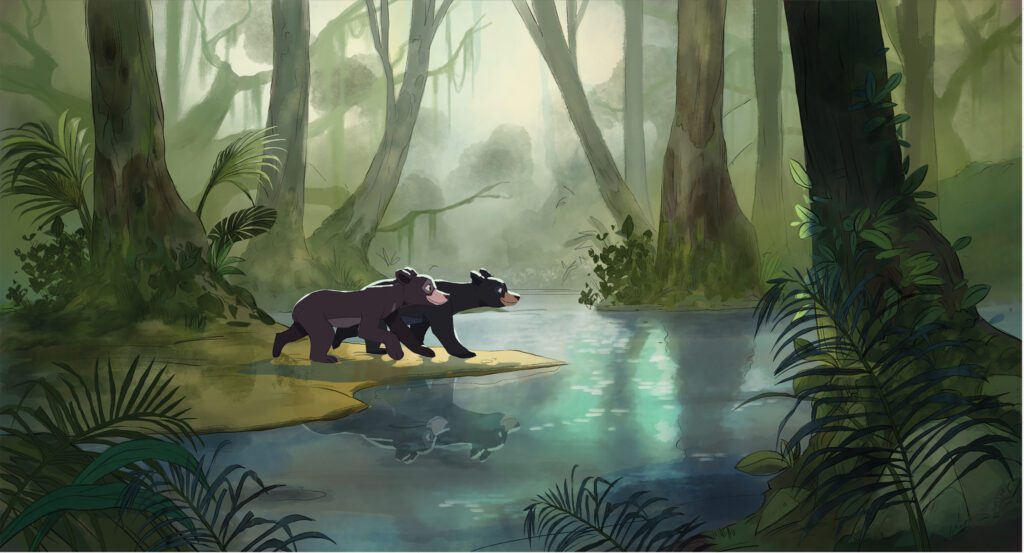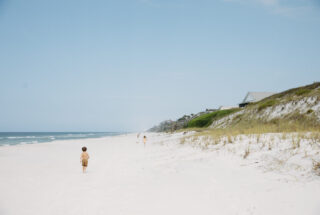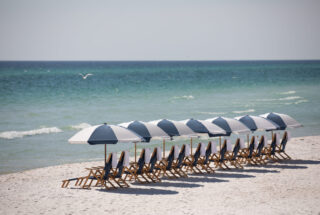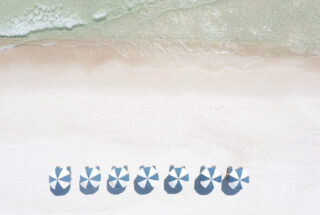For many, Northwest Florida feels like home. As locals and transplants can attest, there is an air of belonging, something transformative, that settles over the spirit upon arrival to this beautiful coastal region. The smell, the weight of the breeze, the colors of the natural environment, the sounds of the birds, and the movement of the creatures of the seas. And though, on the surface, many folks know this place well, what many may not know is how large and diverse this community is—from a biodiversity standpoint. The Panhandle region of Florida is considered to be one of North America’s five richest regions in biodiversity, supporting more than fifty-seven of Florida’s eighty distinct ecosystems. And this region includes a very special “umbrella species,” a species that helps to support and protect all the others: the black bear.


This animal and its role as an anchor in the area’s ecological makeup inspired local conservationists and filmmakers to form The Paper Bear. The Paper Bear was founded by Arix Zalace and Sean Couch nearly ten years ago. While this nonprofit brings awareness to the natural beauty and biodiversity of Northwest Florida, its team has been working intensely for several years in the production of a soon-to-be-released feature film, The Paper Bear.
It’s through this film that Arix hopes that a wide audience—young and old, locals and beyond—will be educated, entertained, and engaged in the story of the region as the film explores the delicate ecological balancing act that is Northwest Florida.
“I traveled all over the world and realized we have something here that nowhere else had,” says Arix. His deep roots in Northwest Florida, coupled with a sense of commitment to preserving its ecosystems, led him to tell the story of the region in a creative, educational way. During production and filming, Arix lived alongside a family of black bears, studying their behaviors, their communications, and their vital role within the ecosystem. As he and the project note, their protection represents the protection of an entire region’s biodiversity.
The film, which will premier late summer 2024, aims to raise awareness about the region, its native species, and the ways in which its biodiversity is being threatened. The piece tells a story of heritage and legacy, as a young boy and his father together recall a grandfather’s accounts of the wildlife of the Panhandle region.
Alys Beach is proud to be a part of the Northwest Florida community and proud to promote and support The Paper Bear. This year at Digital Graffiti, guests of the festival were able to interact with the characters of the film through a custom animation projection in the form of a scavenger hunt. Children and adults alike meandered through the town of Alys Beach, keeping a keen watch over the walls and down the pathways in search of a running bear, a playful cub, or a surprise moment from the film.
The Paper Bear team continues to work diligently, raising awareness around the native species and ecological systems of Northwest Florida, and preparing the film for its international debut. The team knows that the ecological community unfortunately faces an uphill battle, as climate change, deforestation, invasive species, and increased road construction threaten to upset the natural balance. But it is The Paper Bear’s hope, and the hope of Alys Beach, that their efforts will bring together a community united in its appreciation for all residents and the grandeur of nature that surrounds our home.








